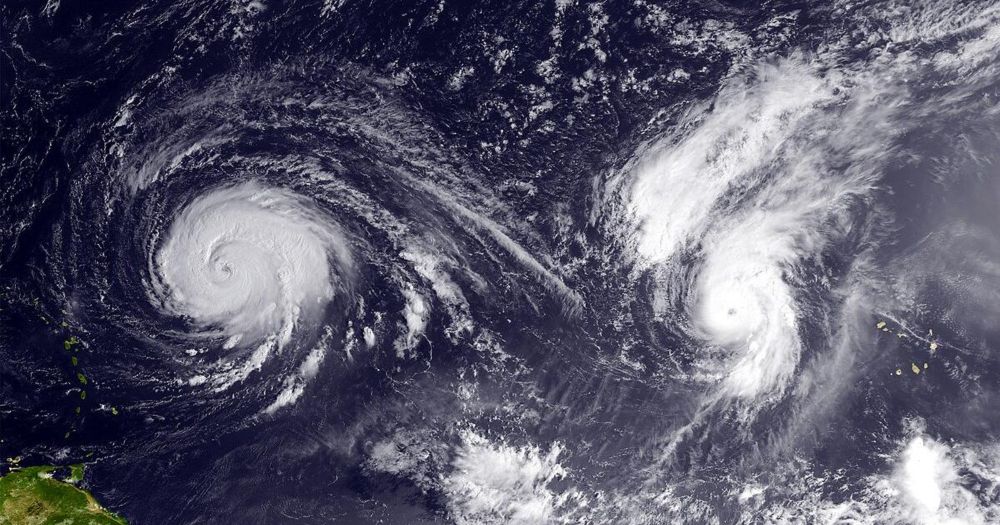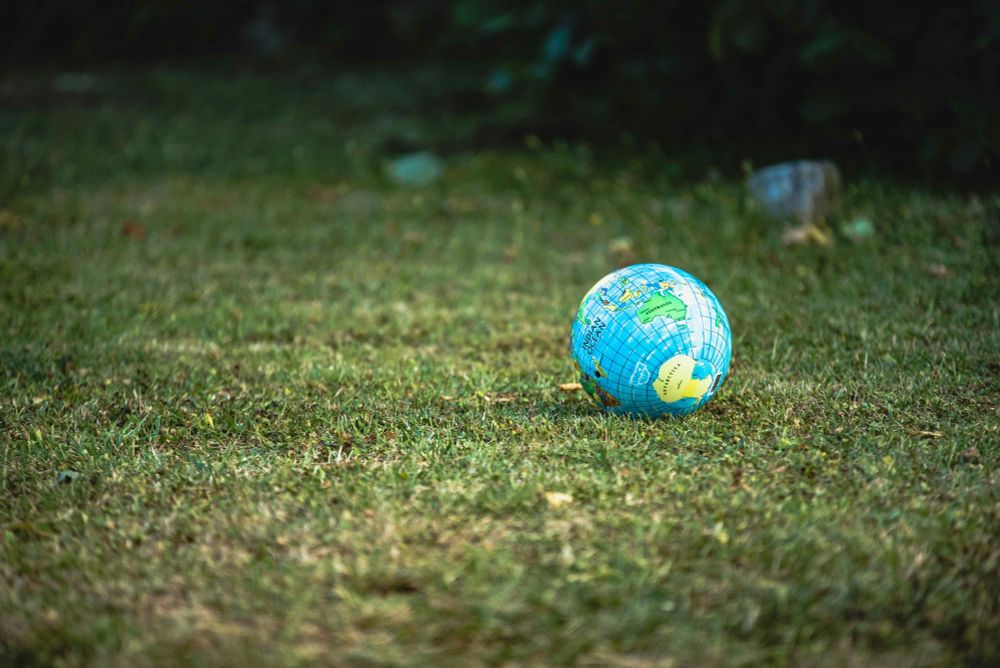
Climate politics - vulnerability - islands
Social media editor for @environmentalpol.bsky.social
Convener of @bisa-ecpwg.bsky.social
Views are mine and represent me
Alternative ecological futures: Art, climate change and the radical imagination.
Online and free 3pm-4.30pm UK time - make sure you register!
www.bisa.ac.uk/members/work...


Alternative ecological futures: Art, climate change and the radical imagination.
Online and free 3pm-4.30pm UK time - make sure you register!
www.bisa.ac.uk/members/work...




'"Operation Hurricane": Narrating climate change as imperial mess' by Charlotte Weatherill
This paper is part of an ongoing Special Section: 'Political Ecologies of Islands: Environmental & Climate (In)Justices'.
doi.org/10.1002/geo2...

'"Operation Hurricane": Narrating climate change as imperial mess' by Charlotte Weatherill
This paper is part of an ongoing Special Section: 'Political Ecologies of Islands: Environmental & Climate (In)Justices'.
doi.org/10.1002/geo2...

'"Operation Hurricane": Narrating climate change as imperial mess' by Charlotte Weatherill
This paper is part of an ongoing Special Section: 'Political Ecologies of Islands: Environmental & Climate (In)Justices'.
doi.org/10.1002/geo2...

I lost my train tickets & debit card in London, nearly missed my connection, visa didn't get approved until 1 hour ago, and my luggage is stuck in Singapore. This is karma.
I lost my train tickets & debit card in London, nearly missed my connection, visa didn't get approved until 1 hour ago, and my luggage is stuck in Singapore. This is karma.
2. Every single university that has invited OpenAI into our midst should be asked to account for their choices.
www.cnn.com/2025/11/06/u...

2. Every single university that has invited OpenAI into our midst should be asked to account for their choices.
www.cnn.com/2025/11/06/u...
In this interview, Sherilyn reflects on her time with EP, some highlights of her experience, and some advice for people who might wish to be a journal editor in future.
environmentalpoliticsjournal.net/editorial-an...

In this interview, Sherilyn reflects on her time with EP, some highlights of her experience, and some advice for people who might wish to be a journal editor in future.
environmentalpoliticsjournal.net/editorial-an...
Are the other 52,000 people there for speeches and panels? How does that help the climate?
Are the other 52,000 people there for speeches and panels? How does that help the climate?
theconversation.com/you-cant-eat...

theconversation.com/you-cant-eat...
Is International Studies ready for what comes next? New thinking, new directions 🎉
Make sure to submit your papers now 👉 https://conference.bisa.ac.uk/call-papers-0
VisitBrighton Simon Rushton @julietdryden.bsky.social

Is International Studies ready for what comes next? New thinking, new directions 🎉
Make sure to submit your papers now 👉 https://conference.bisa.ac.uk/call-papers-0
VisitBrighton Simon Rushton @julietdryden.bsky.social
'States of transition? From governing the environment to transforming society.'
What is the role of the state in supporting transitions and deeper transformations towards a more sustainable world?
www.bisa.ac.uk/articles/sta...

'States of transition? From governing the environment to transforming society.'
What is the role of the state in supporting transitions and deeper transformations towards a more sustainable world?
www.bisa.ac.uk/articles/sta...
www.aljazeera.com/news/2025/10...

www.aljazeera.com/news/2025/10...
www.sudansolidarity.com?fbclid=PAZnR...

www.sudansolidarity.com?fbclid=PAZnR...
Bringing together Carl Death, Audra Mitchell, Farai Chipato & Cara Berger Hannah Hughes at this roundtable to discuss 🌟
Sign up 👉 https://ow.ly/Y56j50XjGl9

Bringing together Carl Death, Audra Mitchell, Farai Chipato & Cara Berger Hannah Hughes at this roundtable to discuss 🌟
Sign up 👉 https://ow.ly/Y56j50XjGl9
@niharikaan.bsky.social


@niharikaan.bsky.social

Coming to Brighton next June?
Make sure you submit your papers / panels / roundtables before the deadline! And choose our track!
conference.bisa.ac.uk/call-papers-0

Coming to Brighton next June?
Make sure you submit your papers / panels / roundtables before the deadline! And choose our track!
conference.bisa.ac.uk/call-papers-0
That gives us time before the BISA deadline to read through the papers and then let everyone know so that you can submit your abstract as a single paper if you'd like to.
Exploring the relationship between imperialism, coloniality and environmental degradation.
This is a joint call with Colonial, Postcolonial & Decolonial WG, recognising that important work is being done at the intersection of our groups.
Deadline Friday 24 October.

That gives us time before the BISA deadline to read through the papers and then let everyone know so that you can submit your abstract as a single paper if you'd like to.


